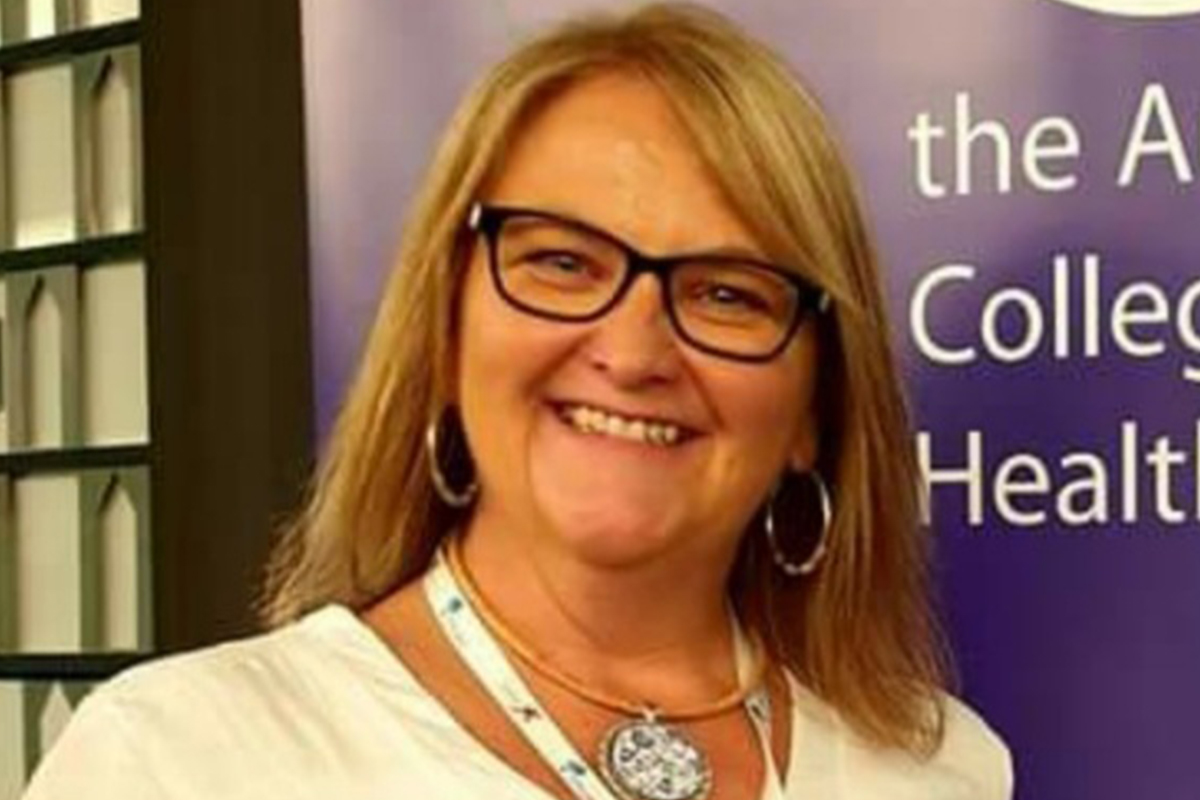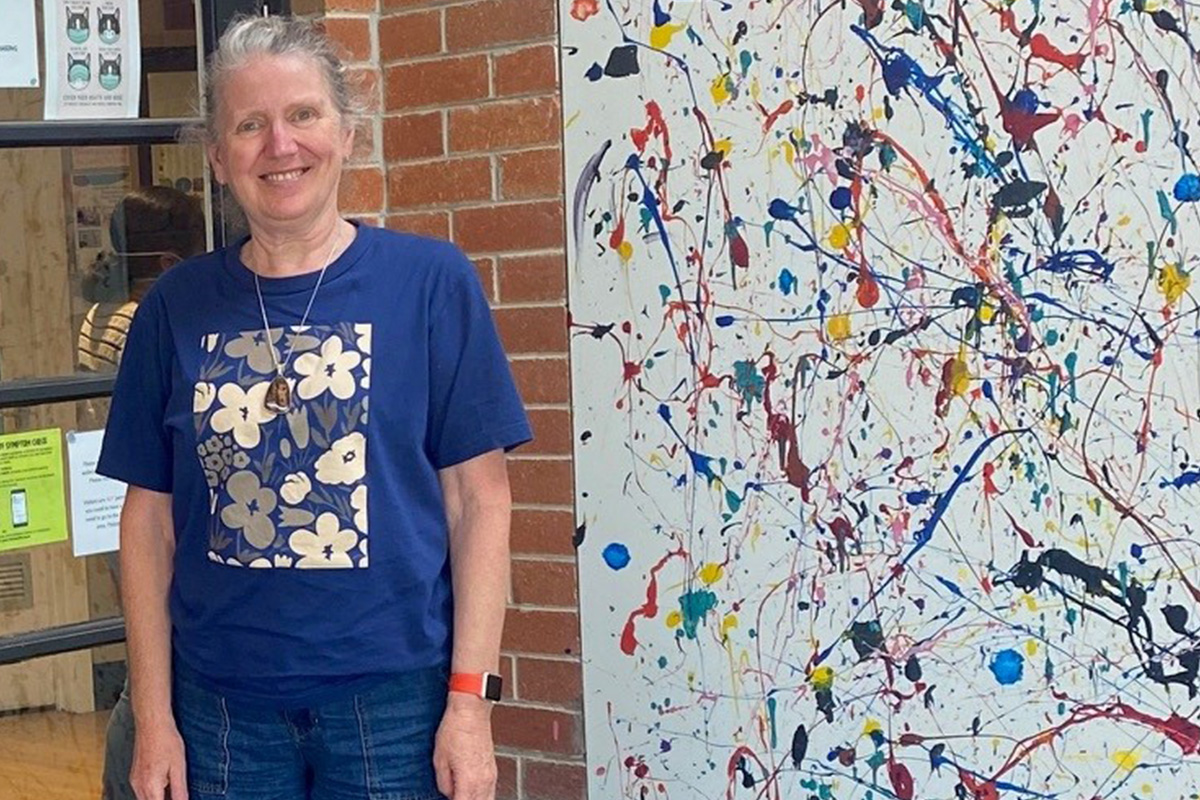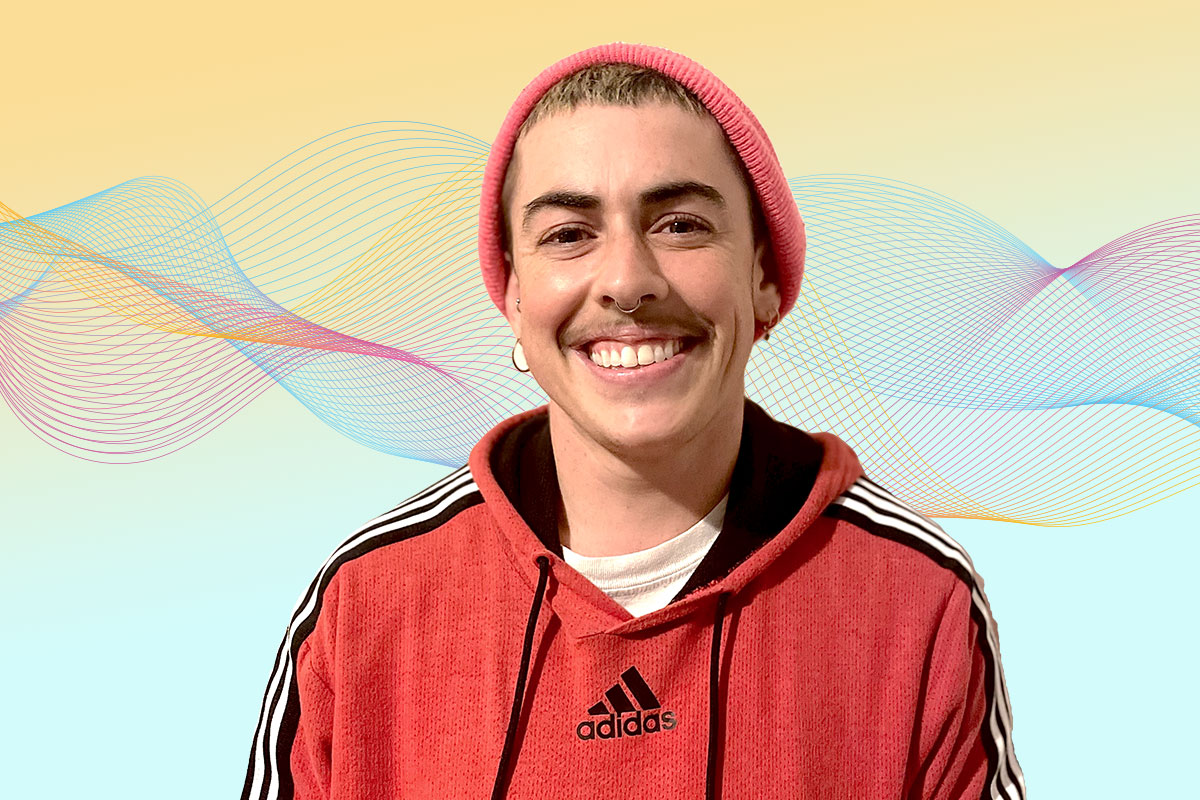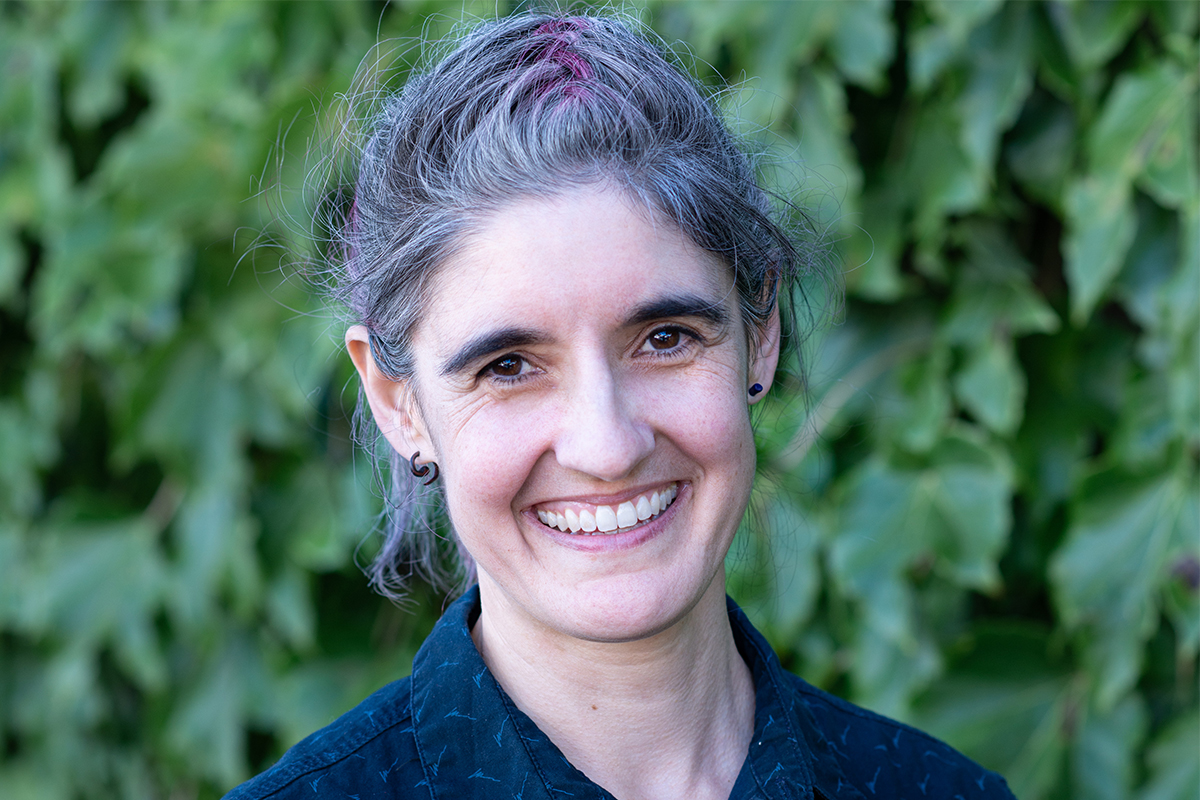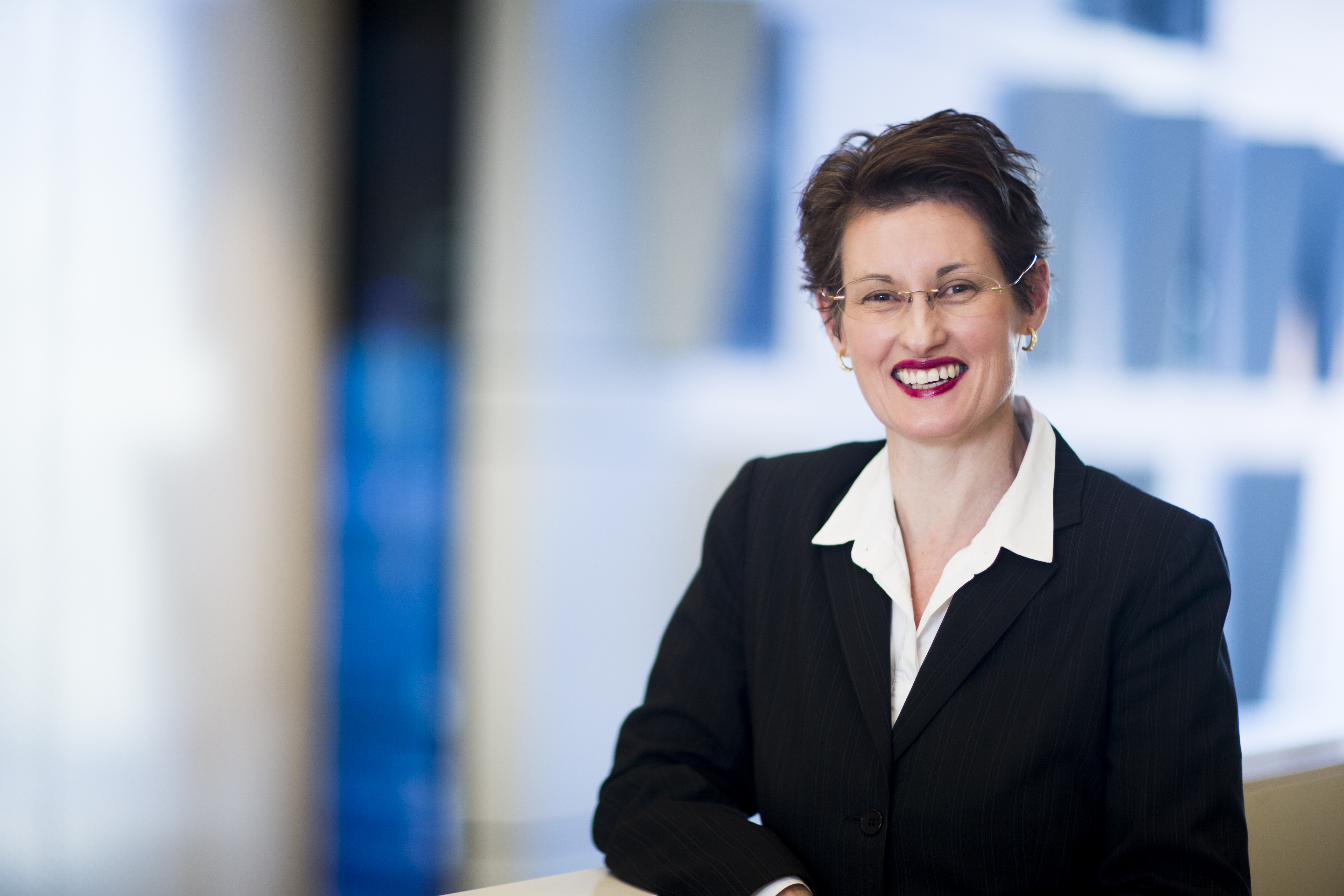
Rose McCrohan is a manager and alcohol and drug nurse practitioner at the Adult and Mother Baby Withdrawal Service, at Uniting ReGen
During the final year of her nursing studies, Rose McCrohan was told her choice of elective subject wouldn’t impact on the rest of her career. How wrong they were.
Having swapped her chosen elective – ‘children’ – with a friend who particularly wanted it, Rose ended up studying ‘alcohol and other drugs’. Twenty five years on, both women are still working in their elective subject field.
Rose, described by her first mentor as ‘the most naïve, innocent Catholic schoolgirl’ at the beginning of her career, was inspired by the subject lecturer and had her mind opened to lives characterised by trauma and addiction.
‘I had led this most beautiful, loving, wonderful life, so to suddenly hear about the lives being led by these alcohol and drug-dependent people … I don’t think I was shocked in a negative way, I was just dumbstruck but enraptured in a way,’ she said, speaking at the ‘Alcohol and other drugs information seminar for nurses and midwives’ run by ANMF (Vic Branch).
Rose did her grad year at Pleasant View Hospital, where she was suddenly ‘working with people who … led horrible lives that were not their fault.’
As a clinic nurse working in a three-person emergency team, Rose realized that not only could she find blood in damaged veins, she had a flair for working with people with challenging behaviours.
With the idea of getting some general nursing experience, Rose then secured a job at a repatriation hospital but discovered she was less comfortable caring for medical patients – they were more passive than alcohol and drug patients.
Rose returned to drug and alcohol work at Eastern Health, where she was involved in setting up the first home-based withdrawal program and was then employed as a nurse unit manager at Wellington House, a residential withdrawal facility.
After a stint working with a young client base at the Youth Substance Abuse Service (YSAS), Rose went to manage Curran Place, a residential rehabilitation facility where she found clients floundering and staff who felt unsafe.
Clients were staying up until 3am watching TV, surviving on a diet of fast food and litres of Coke, Rose said. Not surprisingly, this didn’t benefit their mood.
The staff were initially perturbed by Rose’s proposal to introduce a far more structured program in which clients had to get up and go to bed at specified times, attend meetings and therapy groups, and the TV would be switched off at a certain time. What happened was a pleasant surprise.
‘The levels of aggression dropped significantly,’ Rose said. ‘Because for the clients we work with, they’ve come from some damaged, complex lives; sometimes and they’ve lost the ability to self-regulate, so when people thought “Oh we’ll be nice and they’ll be nice back”, the clients are thinking “Oh for God’s sake, someone give me a boundary!”’
Working with drug and alcohol clients in recovery, nurses can ‘see the emergence of the most beautiful people’ as they begin to address underlying childhood abuse and trauma that often underpins their addictions.
Rose was inspired to become an AOD nurse practitioner in order to be able to prescribe methadone and suboxone to addicts withdrawing from heroin.
Now Rose is a manager and alcohol and drug nurse practitioner at the Adult and Mother Baby Withdrawal Service, at Uniting ReGen, a nurse-led facility. For women who have given birth while addicted, a high percentage of their babies would have been taken into state care if not for the availability of the Mother/Baby Withdrawal Service.
In this role, Rose says, she tears up all the time.
‘We’re seeing women find their incredible woman-power in the time that they’re with us,’ she said. ‘Some people turn up on the doorstep and you look at them and think “You’re substance-using, you’ve just had a baby, you’re trying to breast-feed, you’re had to leave your partner, you’re homeless, you’ve got no family support, you don’t even have a pram…” You just cry at the power.’
